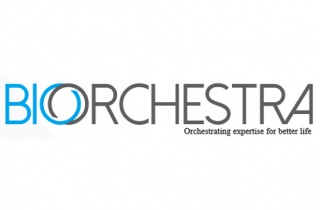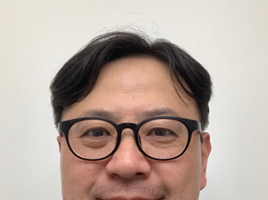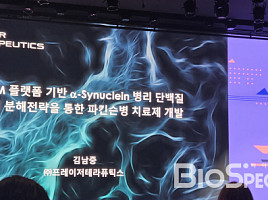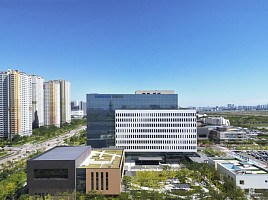기사본문
BioOrchestra Attracts 20 Billion Won in Investments.."The Challenge for a Multi-Mechanism 'AD' Drug"
입력 2019-09-02 10:06 수정 2019-09-02 10:06
by Jongwon Jang

BioOrchestra has completed a 20 billion won Series B investment round in order to develop a treatment for degenerative nervous system diseases such as Alzheimer’s disease.
BioOrchestra stated on August 21st that the investors were Daily Partners, CKD Startup Investment, SBI Investment, LSK Investment, NHN Investment and E&V Venture Partners. Also, Chongkundang Holdings, the holding company of a large pharmaceutical company, participated as a strategic investor.
In particular, Chongkundang Holdings invested 5 billion won as a strategic investor by highly evaluating BioOrchestra’s delivery platform technology, its microRNA-based Alzheimer's disease treatment (the efficacy of which has been confirmed in animal experiments) and the possibility of these developments as diagnostic agents.
BioOrchestra, a new drug research and development company, was established in 2016 and has filed fourteen domestic and foreign patents for its microRNA-based research. It has secured intellectual property rights for Alzheimer’s disease, Parkinson’s disease, and Lou Gehrig’s disease. In 2018, the company secured 3.3 billion won in Series A funding from Daily Partners.
BMD-001, the leading BioOrchestra pipeline, is a multi- mechanism drug for treatment of Alzheimer's-type dementia. It penetrates the blood-brain barrier through its own developed drug carrier and activates the phagocytosis of the neuroimmune cells in order to remove toxic proteins while it inhibits the inflammatory responses of the neuroimmune cells.
BioOrchestra plans to start clinical trials next year following a preclinical study on its Alzheimer’s-type dementia treatment.
"Many companies are struggling to develop treatments for Alzheimer's-type dementia due to serious adverse drug reactions such as inflammation and brain edema,” said Lyu, Jin-Hyeop, CEO of BioOrchestra, “We will develop a new Alzheimer's-type dementia drug in a way that can fundamentally solve these problems by overcoming the limitations of the adverse drug reaction.”







